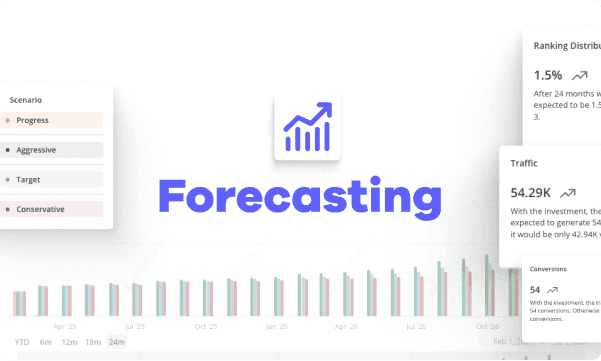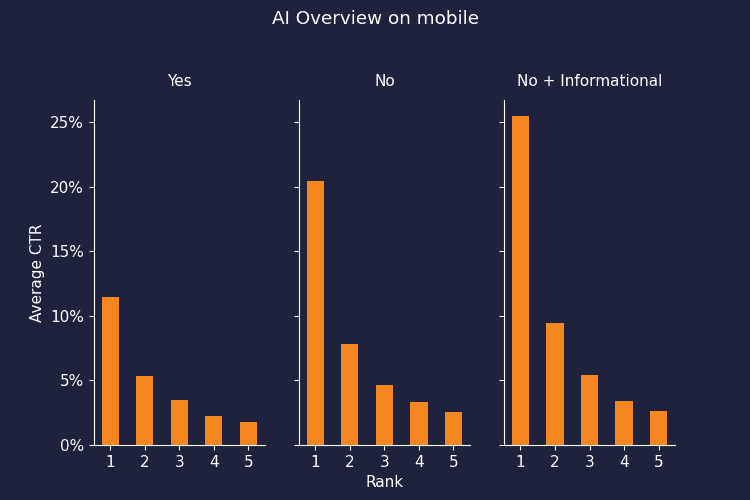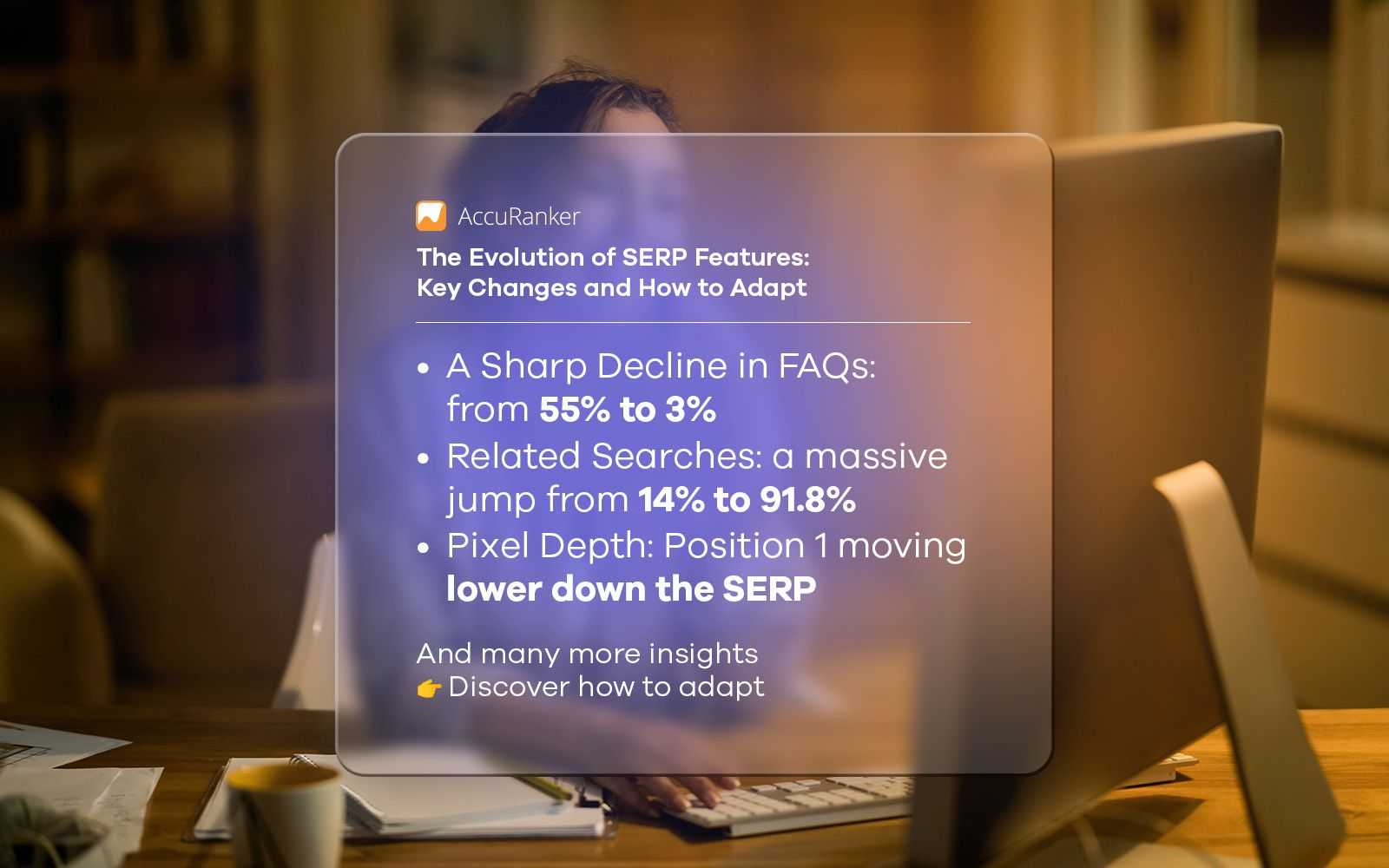Integrated Marketing: Harnessing SEO for Campaign Success
Last updated on Saturday, February 10, 2024

Living in the digital world has changed a lot about how businesses attract customers. Finding the best marketing technique is already a challenge in itself, and then comes tight competition in the online market. This is why you must make yourself stand out to attract customers through online searches. If you want to win and thrive in the digital arena, your best bet is to start with integrated marketing as your strategy.
Integrated marketing, when infused with the power of SEO, becomes a potent force in maximizing your marketing efforts. Since two is always better than one, it is important to discover the right integrated marketing mix. This is particularly true, as the strategic merging of organic and paid strategies has become a game-changer in achieving digital success.
If you are looking to reshape your marketing approach, this guide is for you. Keep on reading to gain insights on dominating search engine rankings and achieving significant returns on investment (ROI). Allow us to lead you on how to harness the combined power of integrated marketing and SEO for unparalleled success in the digital landscape.
What is integrated marketing?
We often hear about the term “integrated marketing” but what does it really mean? For starters, integrated marketing is a strategy focused on delivering a cohesive message across all the channels our brand uses.
If you employ integrated marketing, your goal is to ensure consistency in customer interactions with the company. This makes it an effective approach to boost marketing goals and business performance. Without this strategy, there is a risk for your business to convey mixed messages or present a disjointed voice.
To give you an idea of how it works, integrated marketing usually uses different channels to narrate a story or convey an idea. Businesses can use various communication collaterals, such as display ads, landing pages, email and direct mail marketing, and product catalogs, to achieve marketing objectives. An example of this is maintaining a converting CTA across online and offline tactics for a specific campaign.
In addition to leveraging different customer touchpoints and marketing content, integrated marketing is also planned alongside SEO initiatives. When you combine these two, you can get more insights than when you use them separately.
By aligning SEO strategies with overall marketing goals and incorporating integrated marketing techniques, your brand elevates its online presence, attracts qualified leads, and leads to higher conversion rates.
Why use integrated marketing?
Integrated marketing, as mentioned earlier, is a thorough approach that covers every step of the customer journey using a unified strategy across channels.
Its effectiveness cannot be understated as Think with Google shares that marketing leaders are 1.5 times more likely than mainstream marketers to have an integrated marketing and advertising technology stack.
Traditional marketing, with its conventional method of tailoring messages for specific channels, is a thing of the past. Integrated marketing is what you need since it outperforms traditional marketing by creating a single yet impactful messaging across all channels.
Here are some of the advantages of incorporating integrated marketing into your initiatives.
Streamlined Branding and Messaging
One great thing about integrated marketing is that it helps your product to stick in the minds of customers. With this approach, you get a cohesive plan for consistent branding, messaging, and positioning across all channels and customer touchpoints. Think brand awareness and perception — that is just what integrated marketing reinforces.
Integrated marketing is a well-organized program with clear strategy and messaging guidelines. With an integrated marketing plan for each marketing channel that streamlines branding and messaging, you can expect less time for your potential customers to get familiar with your brand.
Unified Omnichannel Strategy
We live in a scattered media environment. Instead of dreading this, we need to find ways to cope with it. This is another avenue where integrated marketing also helps. With its omnichannel approach, integrated marketing helps brands organize campaigns across various media platforms, including paid, owned, earned, and shared.
As the customer’s experience is a top priority, integrated marketing ensures that by employing a unified omnichannel strategy. What customers get is a smooth and consistent experience whether online or offline.

Let’s face it, customers are more likely to support you when they feel a certain connection with your brand. True enough, integrated marketing, when executed well, can strengthen the connection between a brand and its customers.
When you use integrated marketing to deliver value-driven messages across various channels, your brand can establish a more emotional bond with its customers. This, in turn, increases loyalty and advocacy from your customer base.
Elevated Customer Experience
Integrated marketing is an omnichannel solution that goes beyond individual channels. It gives customers a smooth and unified interaction with your brand.
Social media, email, website, or even offline channels — different integrated marketing examples of channels such as these work together for a consistent and interconnected experience. Integrated marketing makes this collaboration possible so customers get information not only relevant to their needs but also presented at the right time.
Optimized Efficiency
Integrated marketing allows different channels to work together toward shared goals by promoting collaboration and communication. An integrated marketing strategy improves efficiency not only by doing more with less but also by creating a more streamlined and effective marketing operation that aligns with the overall business goals.

Improved Data and Insights
Integrated marketing gathers and stores customer information in one place. This way, marketers get a complete view of each customer by combining details from different interactions across various integrated marketing channels.
This centralized data helps your business understand individual customers better. That said, you can then create more personalized marketing strategies based on customer behaviors and preferences.
Increased ROI
Integrated marketing helps your brand plan effectively to ensure that marketing initiatives connect well with your target audience. By efficiently allocating resources, your brand achieves higher engagement and better conversion rates that significantly improve its ROI.
For instance, consider print-on-demand products. Integrated marketing allows your brand to pinpoint its ideal customer through targeted social media campaigns and influencer collaborations to drive traffic directly to their best-selling designs. With this focused approach in integrated marketing, you get a substantial ROI for every marketing dollar spent by maximizing ad spending and boosting conversion rate.
Ways to Combine Integrated Marketing and SEO
Completing different types of marketing degrees provides a foundational step in becoming effective in the industry but it shouldn’t stop there. Surely, some steps can help enhance your online presence. And while there's no one-size-fits-all solution for guaranteed success, combining integrated marketing with SEO proves to be effective.
Start tailoring the following techniques below to your specific needs so you can create a positive impact on your overall business performance.

Dominate Search Visibility
In the online environment, ranking in search engine results pages (SERPs) should be your top priority. You can ensure this by using integrated marketing and SEO together. This combination of organic and paid search helps your business appear at the top of SERPs and can boost your brand credibility.
One way to make sure your brand stays visible is by optimizing on-page SEO. Make sure on-page elements like title tags, meta descriptions, and headers are optimized for search engines.
Data from FirstPage highlights the importance of being at the top of SERPs in your niche, showing a significant 39.8% click-through rate (CTR) in 2023. Once your brand shows up multiple times on the results page, it builds trust with users and reaches potential customers at different stages of their buying journey. This, in turn, greatly increases the chances of conversions.
Use Precision Targeting
Keyword research is vital for a successful search marketing campaign as it is influential in the conversion battleground, which is the search bar.
According to Nosto's study, 80% of consumers exit a website due to poor-performing search. With this in mind, your businesses should conduct comprehensive keyword research by identifying relevant keywords aligned with your business and customer intent.
You can also consider combining organic SEO and PPC to gain a deeper insight into high-performing keywords. Organic SEO reveals user behaviors and content-driven queries, while PPC offers real-time data on clicks and conversions. With these data at your fingertips, you can optimize your business keyword strategy for better results.
Reinforce Content Strategy with Data
Content is a big factor in SEO success. Using paid search data can help your business validate the effectiveness of its organic content strategy.
You can also utilize the analytics feature usually available from paid marketing initiatives. Use your gathered insight to gauge which materials perform most efficiently for your target audience. By using this data-driven approach, you can develop more powerful content, tailored to align with user intent and interests.
With robust data-driven, relevant, and up-to-date content, your business can foster meaningful engagement at every touchpoint, maintain search engine favor, ensure continued visibility, and cultivate brand loyalty and authority.

Remarket
Remarketing is a powerful tool to re-engage past website visitors. This tactic is even more effective when combined with organic SEO. By targeting users who visited the website through organic search, your business can deliver personalized marketing collaterals that align with their interests.
With this integrated approach, your businesses can significantly increase the chances of conversion by building on previous engagements and reinforcing brand recall.
Track and Analyze Performance Regularly
All businesses aim for optimal ROI. Your business can get just that and reduce over-reliance on one channel alone when you combine integrated marketing and SEO. With this fusion, your business can use paid search for fast results, while organic SEO ensures lasting growth.
However, as a business, you must also regularly track and analyze performance using SEO analytics tools to achieve the best results. Doing so can help your business analyze progress more efficiently and drive more informed decisions.
Boost Brand Effectivity by Merging Integrated Marketing and SEO
Integrated marketing combined with SEO is a strong strategy to enhance brand effectiveness. Though SEO is just one way to attract new leads, an integrated approach aligns marketing channels to achieve business growth.
Integrated marketing fused with SEO may require time and effort but this synergy is highly effective in the digital landscape and can result in a significant ROI.
Regardless of the channel used, the main goal remains consistent — to support businesses and contribute to fulfilling and growing the company's bottom line.

Article by:
Natasha
Marketing Specialist
Natasha is a content marketing specialist who thinks it's kind of fun creating content marketing strategies for SaaS businesses.


